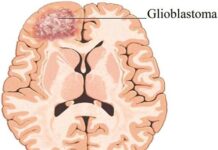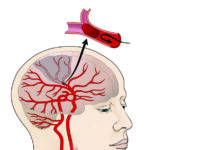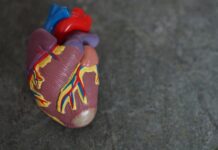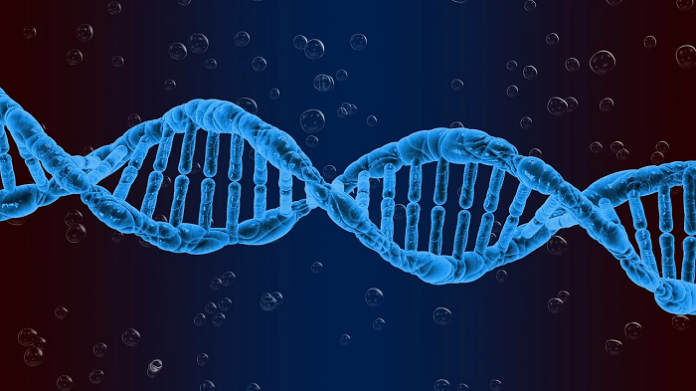A model created by University of Washington research professor James Anderson reveals that genetically predetermined limit on the immune system may be the key to why COVID-19 has had such a devastating effect on the elderly.
The average person’s immune system coasts along pretty good despite this limit until about 50 years old. That’s when enough core immune cells, called T cells, have shortened telomeres and cannot quickly clone themselves through cellular division in big enough numbers to attack and clear the COVID-19 virus, which has the trait of sharply reducing immune cell numbers, Anderson said. Importantly, he added, telomere lengths are inherited from your parents. Consequently, there are some differences in these lengths between people at every age as well as how old a person becomes before these lengths are mostly used up.
According to Anderson, the key difference between the understanding of ageing, which has a threshold for when your immune system has run out of collective telomere length, and the idea that we all age consistently over time is the “most exciting” discovery of his research.
To build this model the researchers used publicly available data on COVID-19 mortality from the Center for Disease Control and US Census Bureau and studies on telomeres, many of which were published by the co-authors over the past two decades.
Assembling telomere length information about a person or specific demographic, he said, could help doctors know who was less susceptible. And then they could allocate resources, such as booster shots, according to which populations and individuals may be more susceptible to COVID-19.
“There’s a lot of data supporting every parameter of the model and there is a nice logical train of thought for how you get from the data to the model,” he said of the model’s power. “But it is so simple and so intuitively appealing that we should be suspicious of it too. As a scientist, my hope is that we begin to understand further the immune system and population responses as a part of natural selection,” Anderson revealed.
























